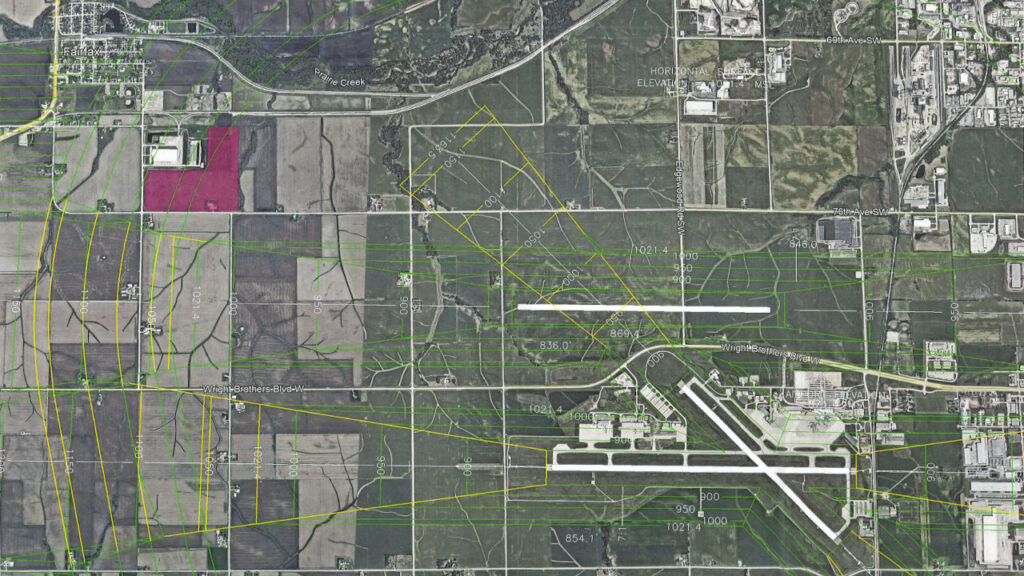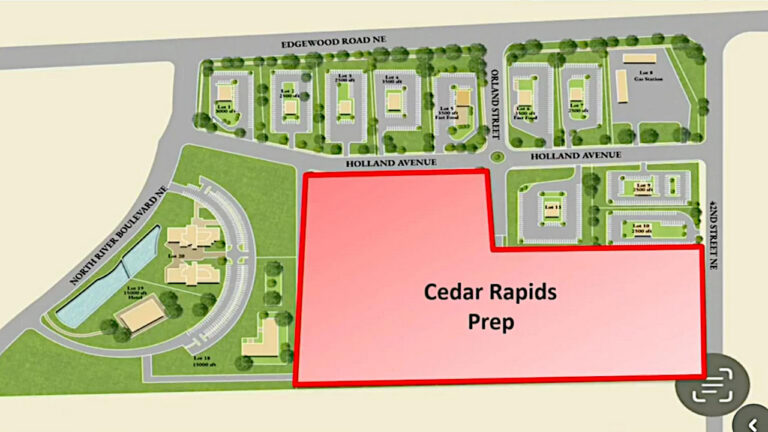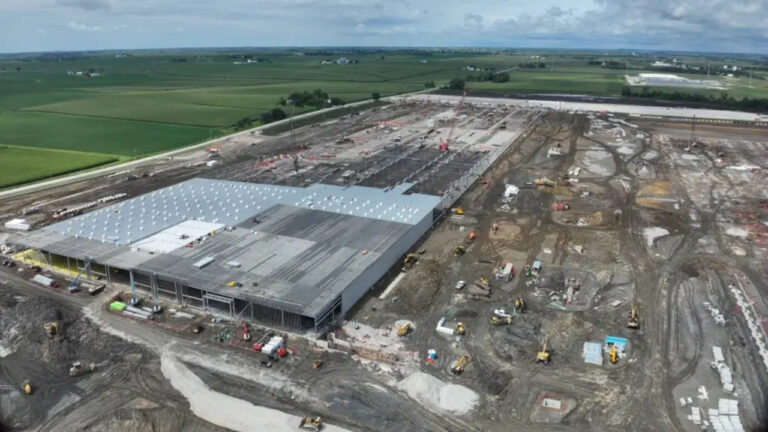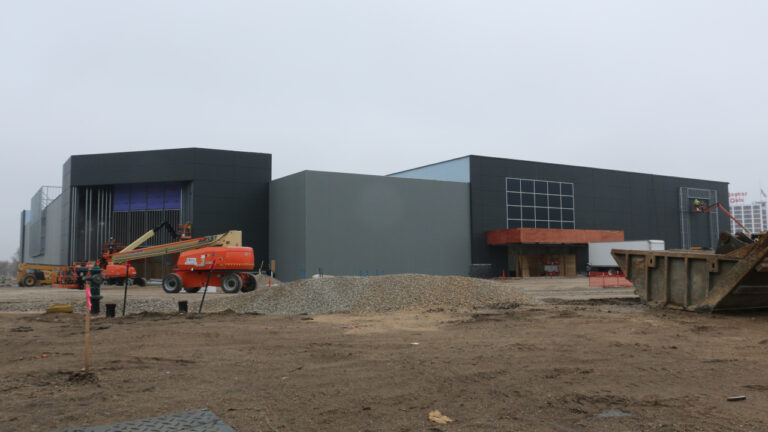The Cedar Rapids Airport Commission will hold a special meeting Tuesday morning to discuss Alliant Energy’s proposal for a new natural gas-fired power plant near Fairfax and just west of the Eastern Iowa Airport.
The meeting, which will include an opportunity for public input, will begin at 7:30 a.m. Tuesday in the board room of the airport administrative offices, 2515 Arthur Collins Parkway SW. Alliant Energy representatives have been invited to attend. Members of the public may also share written comments about the proposal by email at by emailing written comments to [email protected] or participate in the meeting virtually by registering on Zoom at www.flycid.com/register on Tuesday morning.
At their regular meeting July 28, the commission approved a contract with Foth Environmental and Infrastructure to prepare a report on the impacts of the proposed power plant on airport operations, including airplane flight patterns and updrafts from heated air emitted from the plant.
In a meeting with Alliant officials July 24, airport director Marty Lenss said he learned that the proposed site is “approximately four miles from the main runway today, and less than three miles from the end of the secondary runway.”
The proposal involves construction of a natural gas-fired power plant with two combustible turbines and two condensing stacks, each estimated to rise 190 feet to 250 feet above ground level.
The new plant would be about three miles from existing airport runways, and less than two miles from a proposed third runway.
Mr. Lenss said the plant raises airport safety concerns on three levels – the height of the condensing stacks, potential vapor “plumes” stemming from plant emissions, and heated air emerging from the stacks that could cause turbulence for approaching and departing aircraft.
“I can tell you from my professional recommendation that if the script was flipped, and the power plant was sited in this location today and we were talking about a new airport, we would not be siting this airport in its present location,” Mr. Lenss said. “There are some real concerns about the safety of operations.”









